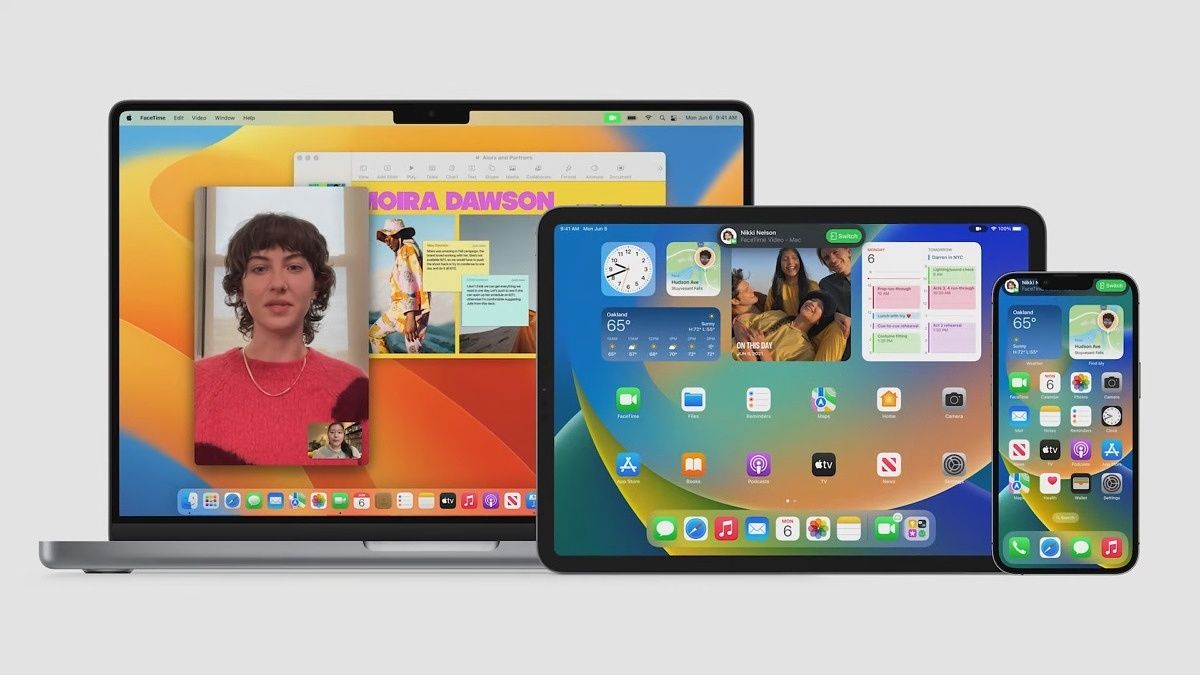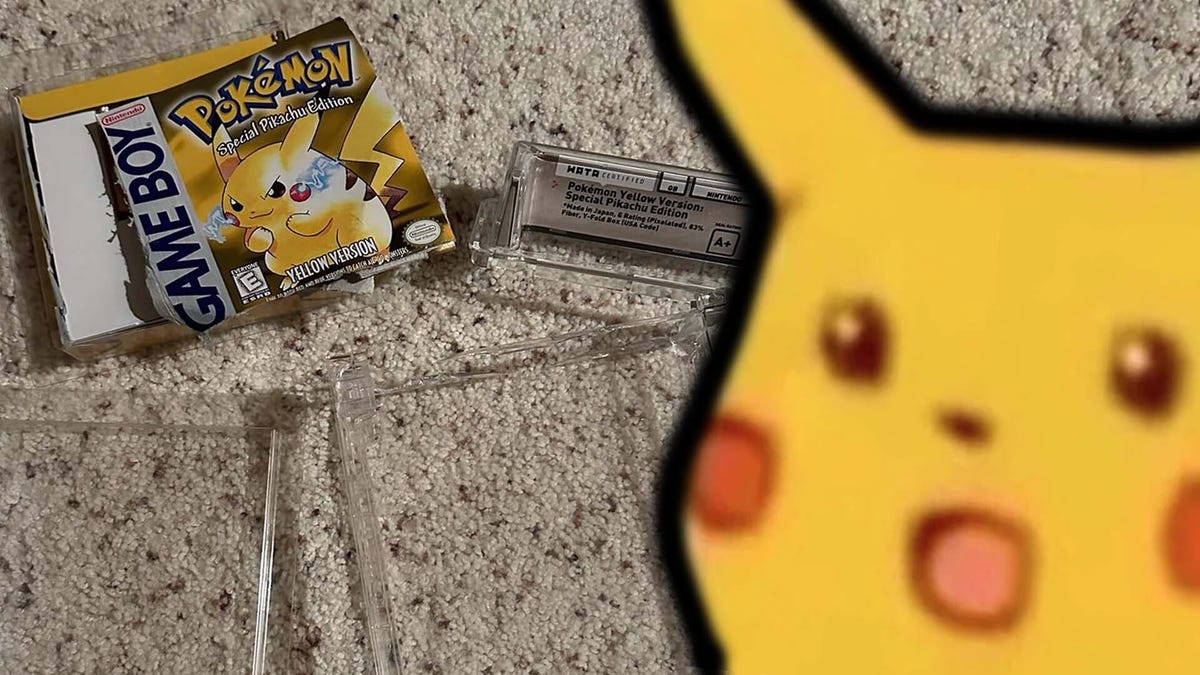Microsoft’s latest financial data and Phil Spencer’s subsequent comments at the Wall Street Journal Live event seemed to change the tone.
The big takeaway for some is how Microsoft, for the second straight quarter, fell short of its goals for Game Pass subscription growth.
I hesitate to draw any conclusions from the results posted over the past six months. Not only has there been a significant lack of major titles, but that also covers the first full summer post-lockdown, when people Actually went on vacation. It was inevitable that video game targets would be missed, and Microsoft is not alone in experiencing this.
But what was more noticeable were the comments that accompanied the news. Phil Spencer estimated that Game Pass is only likely to be about 15% of Xbox content and services revenue in the future and said, “We don’t have that future where I think 50% to 70% of our revenue comes from subscriptions.”
15% seems low considering the billions of dollars Microsoft spent on games and studios to develop Game Pass
15% seems low considering the billions of dollars Microsoft has spent on games and developers, all in the name of Game Pass. Surely that wasn’t the dream?
Xbox has done a great job with Game Pass. The branding work and messaging around the service has made it the industry’s flagship subscription platform. It may not have the most users, but every other service – from PS Plus to Apple Arcade – is compared to it.
And it’s also become a bit of a system salesman. For the first time since the PS2 with its DVD player, a game console has a killer app that isn’t a specific video game. Microsoft announced during its financial statements that half of those who bought the cheaper Xbox Series S machine are new to the Xbox ecosystem, and it’s easy to imagine that Game Pass played a role in unlocking some of these new players.
Yet despite these successes, Game Pass’s momentum has been held back by a series of obstacles. First, there’s the irregular release schedule – in part due to COVID-19 and the subsequent shift to hybrid working. This should be a temporary situation, but the ideal of a steady cadence of big games dropping into Game Pass is still a long way off. And it’s a situation made more difficult by the fact that AAA publishers are unwilling to put their big new titles on the service.
Then there is free-to-play. The real competitor to Game Pass isn’t the $70 games, but the fact that the biggest titles out there – such as Fortnite, Call of Duty Warzone, and Roblox – are all free. Microsoft is trying to find ways to make free-to-play work in Game Pass, for example through its partnership with Riot Games, but that has yet to be figured out.
And then there’s the reality that, for many people who only play a handful of games a year, a subscription service just doesn’t make much sense.
All of these are legitimate reasons why Microsoft may be downplaying the potential of Game Pass, especially on consoles, where Spencer says growth is starting to slow.
For many people who only play a handful of games a year, a subscription service just doesn’t make much sense.
That might sound negative and a significant tone shifter for Xbox, but the truth is, it’s not drastically different from what we’ve heard before. In an interview we conducted with Sarah Bond last year, she told us that Microsoft doesn’t expect subscriptions to become the dominant business model. And that’s something the company has repeated, although 15% still seems lower than many expected.
And you have to consider the backdrop against which these comments are made. Microsoft’s major acquisition of Activision Blizzard is currently being reviewed and debated by regulators around the world. And some of the data that Microsoft chooses to share is undoubtedly related to that.
One of the big concerns for the UK regulator (the CMA) is Game Pass and Microsoft’s potential dominance in the game subscription and streaming space. By revealing that Game Pass accounts for just 15% of its content and services business, Xbox points out that even though Game Pass is becoming the most popular subscription service in gaming, it’s ultimately just a business model, and not even the most important.

Another message to regulators came in Spencer’s comments regarding PC and mobile.
Microsoft revealed that Game Pass grew by 159% on PC, matching recent feedback we’ve received from independent publishers about the service’s growing popularity. Speaking anonymously to GamesIndustry.bizan independent publisher has predicted that Game Pass will soon become Steam’s main rival, not the Epic Games Store.
And when it comes to mobile, Spencer spoke of a desire to end Apple and Google’s control, and even said Call of Duty mobile was more interesting to Microsoft than the top-tier console versions.
Microsoft is looking to steer the conversation away from consoles and Game Pass, presenting a broader view of the games business
It’s not too different from our own analysis of the acquisition earlier this year. By acquiring Blizzard, Microsoft will have big PC brands like Diablo and Warcraft, which – alongside Call of Duty – will bolster PC Game Pass and provide a viable competitor to Steam. And through titles like Candy Crush (and Call of Duty), Microsoft will have a significant presence in mobile to build a business there.
Speaking of which, Microsoft is responding to fears that this acquisition will hurt console competition, highlighting how it will boost competition on PC and mobile. In other words, it’s not just about competing harder with Sony, but also with Apple, Google, and Valve.
It is a convincing argument, but there are still doubts and concerns about it. When it comes to PC, Game Pass is not a similar competitor to Steam. And some of the indie publishers we spoke to are worried about what a popular PC subscription service could mean for premium indie titles. One editor even highlighted Netflix’s impact on cinema, and in particular on smaller theatrical releases.
These fears are not currently supported by data, but it is something the industry (including Microsoft) will be aware of. Microsoft will want to make sure that competing with Steam creates more opportunities for developers, not less.
As for mobile, it’s unclear how Microsoft plans to seriously compete with Apple and Google. Candy Crush and Call of Duty, combined with Xbox Game Streaming, would give the company a strong mobile presence it didn’t have before. But that doesn’t seem deep enough to offer meaningful competition to Google Play or the App Store.
Nonetheless, through its latest results and Spencer’s comments, Microsoft is looking to steer the conversation away from consoles and Game Pass, and present a broader view of the gaming industry. A view that he hopes will show how his acquisition of Activision Blizzard for $69 billion will make the market more competitive, not less.
#Xbox #tone #Game #Pass




